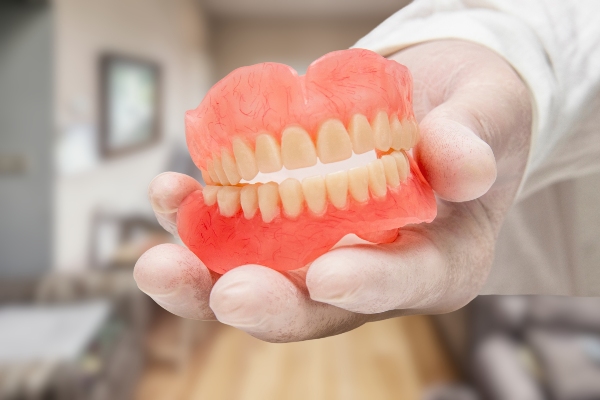Tooth Extraction for a Third Molar

Third molar tooth extraction, also called wisdom tooth extraction, is often necessary when the third molars come in and cause issues with oral health, push up against the second molars or make it harder to reach all areas of teeth while brushing. Many have heard of third-molar tooth extraction, but few understand what it is exactly and what the purpose of the procedure is.
An overview of third-molar tooth extraction
Learning about third-molar tooth extraction and when it might be necessary is helpful in determining whether you should visit the dentist for a third-molar evaluation. The following is a complete overview of what third-molar tooth extraction is and what to expect during this procedure.
What is third-molar tooth extraction?
Third-molar tooth extraction refers to the removal of the third molars, which are the four molar teeth located behind the second molars. More commonly, they are referred to as wisdom teeth. Third-molar extraction involves a minor surgical procedure, during which the dental professional accesses the tooth and carefully removes it. Sedation is often used during this type of extraction, so the patient may not feel much (if any) discomfort during the procedure.
The purpose of third-molar tooth extraction
The purpose of third-molar tooth extraction is typically preventive. Ideally, the patient or the dentist will be able to detect the early signs that indicate that wisdom teeth removal is necessary and make a prompt and informed decision as to whether removal is necessary. This can prevent issues such as an increased risk of cavities, oral infection and the shifting of teeth due to the third molar pushing against surrounding teeth. In some instances, teeth must be removed after they have already started to cause concerns to the person’s oral health, function and appearance.
Signs that third molars need removal
There are certain signs that indicate wisdom teeth removal is most likely needed. These signs include but are not limited to:
- Impacted third molars
- Wisdom teeth that grow sideways
- They cause overcrowding
- They increase the risk of cavities
- Increased risk of oral infection
If third molars grow in sideways or cause overcrowding, then they can push up against teeth and make it harder to keep good oral health and straight teeth. Third molars may also need removal if they create pockets in the gums where bacteria and food particles can accumulate. This can increase the risk of developing oral infections, as well as dental decay.
Do you need a wisdom tooth extraction?
The best way to determine whether you need third-molar tooth extraction is to contact your dentist and arrange a time for a consultation visit so that they can evaluate the development of your wisdom teeth. We help patients who are in need of tooth extraction for their third molars through the entire process, from the initial consultation to follow-up care after extraction. If you would like more information or to schedule an appointment with us, contact us today.
Are you considering tooth extraction in the Bakersfield area? Get more information at https://brimhalldentalgroup.com.
Check out what others are saying about our services on Yelp: Read our Yelp reviews.
Recent Posts
Dentures are a popular teeth replacement solution that can improve the function and appearance of your smile. They are designed to look like natural teeth and consist of different materials, such as acrylic and metal. Whether you are new to dentures or have been wearing them for years, it is important to properly care for…
When sudden dental pain occurs, an emergency dentist can provide critical relief and timely treatment. A toothache often appears unexpectedly, disrupting daily activities or restful sleep at night, signaling that you need urgent dental care. Understanding what steps to take when this type of pain occurs can help prevent further complications to your teeth and…
Dentures will give you the freedom to smile, speak, and eat well. These custom-fit restorations can provide comfort while wearing them. Knowing how these restorations can help your appearance, you can make informed decisions before your treatment. Here are the details on how dentures can enhance your smile.Dentures can replace missing teeth and can be…
Dentures are durable and effective teeth replacements. However, even the most reliable dental devices may start to fit differently over time. This may be caused by changes in the jaw or something as simple as everyday wear and tear. Fortunately, we can reline dentures so that they feel like new again.Relining is a process in…


